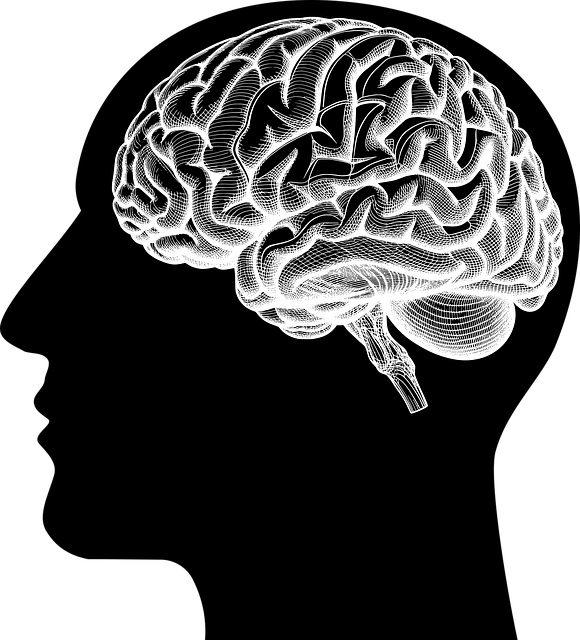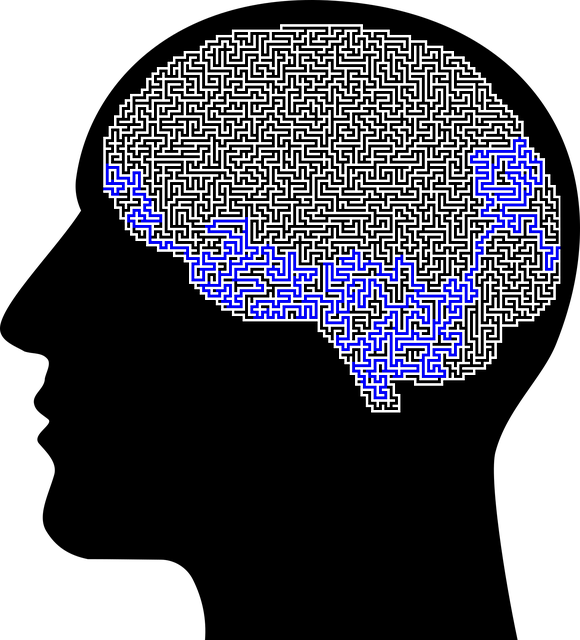Lakewood Postpartum Depression Therapy offers a unique, holistic approach to supporting new mothers' mental wellness through group facilitation. Combining effective techniques from healthcare provider training with cultural competency, facilitators create safe spaces for sharing and healing. Strategic methods like active listening, clear boundaries, and open-ended questions encourage participation while maintaining confidentiality. Integrating therapeutic activities and social skills training enhances resilience, empowers individuals, and strengthens the community's support system for mental health.
Mental wellness group facilitation is a powerful tool, especially for addressing issues like postpartum depression. This article explores effective techniques for group facilitators, focusing on Lakewood Postpartum Depression Therapy as a foundational approach. We’ll delve into creating safe spaces, fostering open dialogue, and incorporating therapeutic activities to enhance mental health support. By mastering these skills, facilitators can revolutionize care, offering transformative experiences within group settings.
- Understanding Lakewood Postpartum Depression Therapy: A Starting Point for Group Facilitators
- Creating a Safe and Supportive Environment: Key Techniques for Group Sessions
- Facilitating Open and Honest Dialogue: Strategies to Encourage Participation
- Incorporating Therapeutic Activities: Enhancing Mental Wellness in Group Settings
Understanding Lakewood Postpartum Depression Therapy: A Starting Point for Group Facilitators

Lakewood Postpartum Depression Therapy serves as a crucial starting point for group facilitators navigating mental wellness support for new mothers. This therapeutic approach recognizes the unique challenges faced by women in the postpartum period, focusing on emotional healing processes and fostering supportive environments. By understanding the nuances of Lakewood therapy, facilitators can effectively guide groups, ensuring every member feels heard and empowered.
Group facilitation techniques play a vital role in promoting recovery and preventing burnout among healthcare providers. Incorporating strategies from Burnout Prevention Strategies for Healthcare Providers, along with enhancing cultural competency through training, allows facilitators to address the diverse needs of participants. This holistic approach not only benefits individual group members but also contributes to a more comprehensive understanding and support system for mental health within the community, as highlighted in Healthcare Provider Cultural Competency Training.
Creating a Safe and Supportive Environment: Key Techniques for Group Sessions

Creating a safe and supportive environment is paramount for effective group facilitation, especially in addressing sensitive topics like postpartum depression (a concern often met through Lakewood Postpartum Depression Therapy). Facilitators should encourage active participation while maintaining a non-judgmental atmosphere. This involves employing techniques such as active listening, where facilitators reflect back concerns expressed by members, fostering an environment of empathy and understanding.
Additionally, establishing clear boundaries and ground rules ensures every participant feels respected and heard. Incorporating open-ended questions that encourage personal sharing while respecting confidentiality can help build trust among group members. These strategies not only enhance the mental wellness of participants but also provide a robust foundation for productive discussions in sessions, aligning with concepts explored in Mental Health Policy Analysis and Advocacy, and highlighting the importance of resilience building through collective support.
Facilitating Open and Honest Dialogue: Strategies to Encourage Participation

Creating a safe and supportive environment is key to facilitating open dialogue within a mental wellness group setting, especially when addressing sensitive topics like postpartum depression in Lakewood communities. As a facilitator, encouraging participants to share their experiences requires strategic techniques that foster trust and reduce barriers to entry. One effective approach is to establish ground rules from the outset, emphasizing respect, confidentiality, and active listening. This sets the tone for an honest exchange where individuals feel empowered to express their struggles without fear of judgment.
Additionally, incorporating interactive activities and small group discussions can break the ice and promote a sense of camaraderie. These strategies not only make sessions more engaging but also create opportunities for members to build connections and learn from one another’s journeys. By combining these techniques with trauma support services and healthcare provider cultural competency training, facilitators can enhance participants’ feelings of belonging and encourage ongoing involvement in their mental wellness journey, ultimately boosting confidence and resilience.
Incorporating Therapeutic Activities: Enhancing Mental Wellness in Group Settings

Incorporating therapeutic activities is a powerful strategy to enhance mental wellness within group settings, particularly relevant in cases like Lakewood postpartum depression therapy. These activities provide a structured yet flexible framework for individuals to explore and express their emotions, fostering a sense of community and support. By integrating evidence-based practices, facilitators can create a safe space where participants engage in meaningful discussions, learn coping mechanisms, and develop resilience. Techniques such as art therapy, mindfulness exercises, and group role-playing enable clients to confront challenges, build self-awareness, and cultivate positive relationships, ultimately contributing to improved mental health outcomes.
In the context of crisis intervention guidance and risk management planning for mental health professionals, incorporating therapeutic activities requires careful consideration. Facilitators must be adept at tailoring these sessions to address diverse needs while ensuring a controlled environment. Social skills training can complement these activities by promoting healthy interactions among group members, encouraging active participation, and fostering an atmosphere conducive to open communication. This holistic approach not only enhances the effectiveness of therapy but also empowers individuals to navigate their mental health journeys with increased confidence and support.
Group facilitation techniques play a pivotal role in supporting individuals dealing with mental health challenges, particularly postpartum depression. By implementing strategies outlined in this article—from creating safe spaces to encouraging open dialogue and incorporating therapeutic activities—group facilitators can effectively navigate the complex landscape of Lakewood Postpartum Depression Therapy. These methods foster a supportive environment, enhance engagement, and ultimately contribute to improved mental wellness outcomes for all participants.














